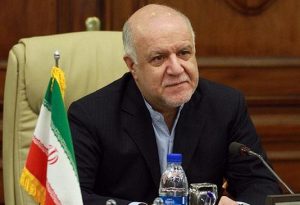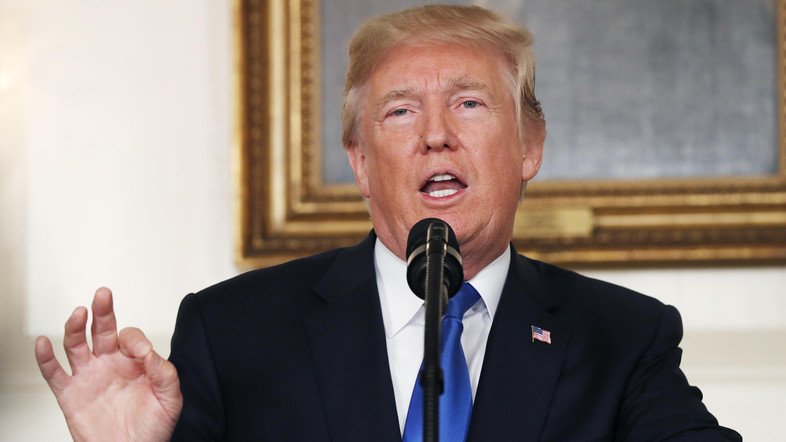
24 October 2016, News Wires — The United States cannot stop Iranian oil exports by imposing sanctions on Tehran, Iran’s oil minister said on Tuesday, warning that such restrictions will ensure the market remains volatile.
Washington plans new sanctions targeting Iran’s oil sector from Nov. 4 with the aim of stopping the country’s involvement in conflicts in Syria and Iraq, and bringing Tehran to the negotiating table over its ballistic missile program.
“As long as America targets Iran, one of the biggest crude producers, with sanctions, the volatility in the oil market will continue,” Tasnim news agency quoted Oil Minister Bijan Zanganeh as saying.
“Iranian oil exports cannot be stopped,” Zanganeh said.
Zanganeh reiterated his Monday remarks that Iranian oil output cannot be replaced by that of other oil-producing countries if Tehran is hit by U.S. sanctions.
Zanganeh said in an interview on the state television: “We will spare no effort to resist the cruel U.S. sanctions against the Islamic Republic.”
Iranian President Hassan Rouhani also said “the animosity of the current U.S. government towards Iran and the Iranians is unprecedented,” but added that Washington would fail to achieve its goals.
Rouhani was quoted by Tasnim news agency as saying: “Iran will smoothly overcome the problems Americans have created in recent months.”
Nov. 4, is also the anniversary of the 1979 seizure of the U.S. embassy in Tehran, when Iranian students in coordination with radical clerics took 90 hostages and held 52 of them captive for more than a year.
Iran celebrates the occasion every year as tens of thousands march in rallies across the country and chant slogans against the United States.
“The U.S. government is trying to turn the Nov. 4 into a bitter day for Iranian nation so they suffer, but it will fail,” Rouhani was quoted as saying by state news agency IRNA.
U.S. Treasury Secretary Steven Mnuchin, in an interview with Reuters on Sunday, dismissed concerns that oil prices could rise, saying the market had already factored in the supply losses.
Iran’s regional rival, U.S. ally Saudi Arabia, says Riyadh has the capacity to increase output to 12 million barrels per day (bpd) from the current 10.7 million bpd.
Saudi Energy Minister Khalid al-Falih said on Tuesday it would continue to meet customer demand for crude despite looming U.S. sanctions that are expected to reduce oil exports from Iran.
The Organization of the Petroleum Exporting Countries, of which Saudi Arabia and Iran are members, agreed in June to boost supply to make up for the expected disruption to Iranian exports.
- Reuters



